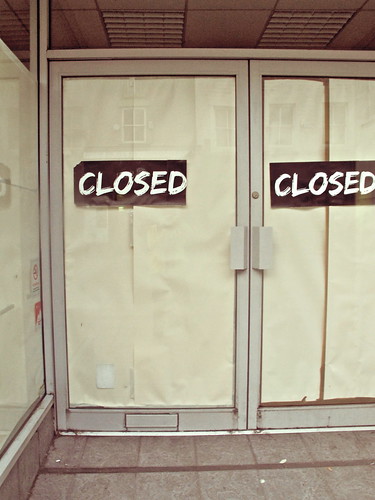PRINCETON’S PEAR LABORATORY TO CLOSE
The Princeton Engineering Anomalies Research (PEAR) program at Princeton University, internationally renowned for its extensive study of the influence of the mind on physical reality, will be completing its agenda of basic research and closing its physical facilities at the end of February.
The purpose of the program, established in 1979 by Robert G. Jahn, an aerospace scientist who was then Dean of the university’s School of Engineering and Applied Science, was “to study the potential vulnerability of engineering devices and information processing systems to the anomalous influence of the consciousness of their human operators.” The research was funded by gifts from Princeton alumni James S. McDonnell, patriarch of the McDonnell Douglas Aerospace empire, Laurance Rockefeller, Donald C. Webster, and by numerous other philanthropic benefactors.
“We have accomplished what we originally set out to do 28 years ago, namely to determine whether these effects are real and to identify their major correlates. There are still many important questions to be addressed that will require a coordinated interdisciplinary approach to the topic, but it is time for the next generation of scholars to take over.” Jahn and Dunne said.
Their future plans involve oversight of the International Consciousness Research Laboratories (ICRL), a non-profit organization established in 1996 to promote quality research, educational initiatives, and practical applications of consciousness-related anomalies www.icrl.org. The members of ICRL represent some 20 countries and a broad range of professional backgrounds, and most have had some association with the PEAR program in the past. Jahn and Dunne currently serve as advisers to Psyleron, www.Psyleron.com, a Princeton, NJ-based enterprise that produces a line of state-of-the-art technology to enable public exploration of human/machine anomalies. They will both also continue to serve as Officers of the Society for Scientific Exploration: www.ScientificExploration.org.
More than 50 publications are available on the PEAR website, and Jahn and Dunne’s textbook, Margins of Reality: The Role of Consciousness in the Physical World (Harcourt, 1987) has been in print for nearly 20 years. As part of their extensive archiving efforts, Jahn and Dunne have recently prepared a 150-page anthology of those PEAR publications pertinent to the burgeoning fields of complementary and alternative medicine, for a special issue of Explore: The Journal of Science and Healing, edited by Dr. Larry Dossey, which is currently in press. An educational DVD/CD set entitled The PEAR Proposition, produced by Strip Mind Media, offers a comprehensive overview history and accomplishments of the laboratory is also available, and can be obtained on-line from the ICRL website at www.icrl.org.
Further Reading







It’s my vague recollection that one of the findings at PEAR was that some subjects predicted sequences of future events while others reported sequences of past events; that is, there was precognition and retrocognition. Is this correct? If so, where can I find an article that states this?
Many thanks! -Sylvia
Hi Sylvia
First, my apologies for the delayed response.
I’m unclear which article you are referring to but using Google scholar I have come up with the following:
https://www.princeton.edu/~pear/pdfs/1987-engineering-anomalies-research.pdf
https://www.researchgate.net/profile/Dean_Radin/publication/239611072_Time-reversed_human_experience_Experimental_evidence_and_implications/links/0c960535317d962b60000000/Time-reversed-human-experience-Experimental-evidence-and-implications.pdf
http://phere.global-mind.org/papers/pdf/consciousness.real.pdf
https://s3.amazonaws.com/academia.edu.documents/34501281/Spiritualism_to_Spirituality.pdf?AWSAccessKeyId=AKIAIWOWYYGZ2Y53UL3A&Expires=1522571445&Signature=5TTHcFkDQpYVgByRBatOY4w%2BkRQ%3D&response-content-disposition=inline%3B%20filename%3DFrom_Spiritualism_to_Spirituality_The_sc.pdf
http://www.metanexus.org/archive/conference2009/articles/Default-id=10816.aspx.html
http://www.archive.metapsychique.org/Psi-as-a-multilevel-process.html
Unfortunately, many of the articles are locked behind a paywall but I hope these articles will help you to find what you are looking for.
Cheers Sylvia
Rosemary